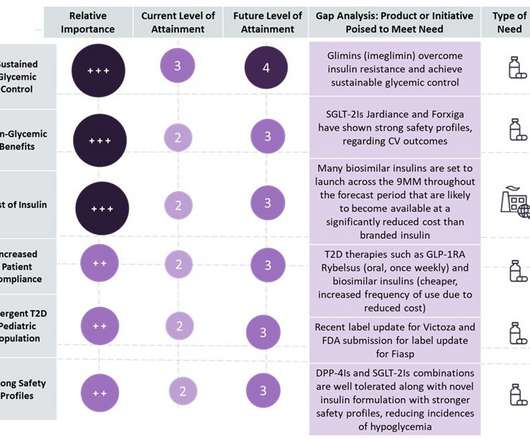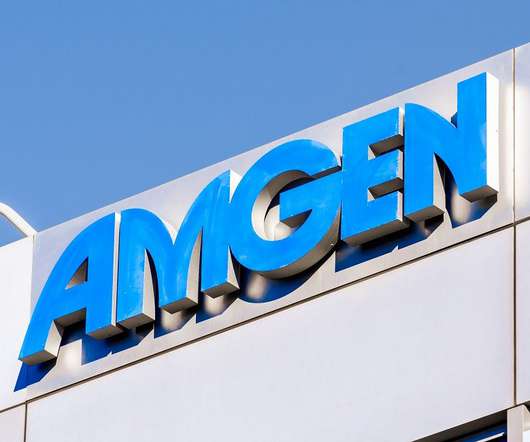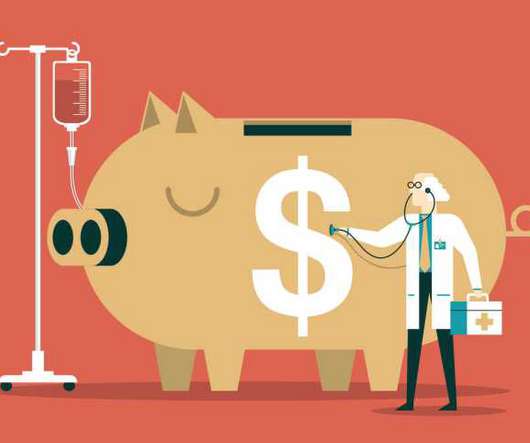Regeneron, CytomX announce bispecific therapeutics for cancer collab
pharmaphorum
NOVEMBER 18, 2022
Dr John Lin, senior vice president of immune-oncology and head of bispecifics at Regeneron , said: “The collaboration will enable Regeneron and CytomX to combine our collective oncology expertise with two premier platforms […] to develop novel immunotherapies and research their potential to transform patient lives.”.













Let's personalize your content